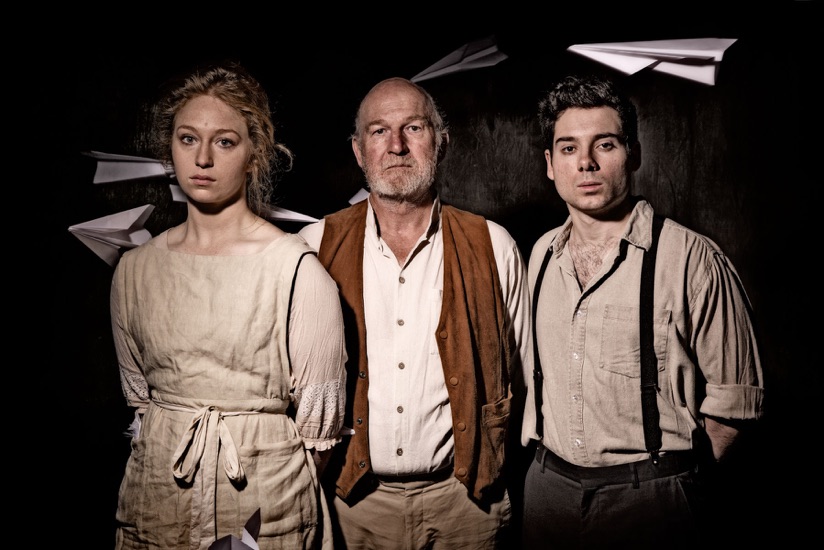We’re 7-ON, a group of
seven mid-career playwrights. We are writing in response to the recent series
of articles regarding the place of adaptations on the current Australian stage.
It is a pity that this
debate is descending into an acrimonious ‘us and them’ dispute. There are
bigger and more interesting, and we think, more urgent questions to ask: about
the nature of change in our industry; about ‘what is writing?’ in an age of
remix and reproduction; about sustainability in the arts and in arts careers;
about the monoculture we see on so many of our stages and how we might change
it to reflect the diversity of Australia in 2013 and our globalised world;
about the place of the Live in a culture where people spend most of their time
in front of screens; about innovation—what it is and how we might create space
for it to flourish; about the diminishing scale of productions outside the
mainstages ... and much more.
With regard to the
original article—we have nothing against adaptations, we think of them as the
writer collaborating with Shakespeare or Ibsen or whoever, giving us a dialogue
with our predecessors and the past, but in an idiom readily accessible to the
present, in a way which illuminates the present. We would, though, like to look
beyond the obvious texts to adapt, and be bolder in our approaches.
Back to Myers’ article, it
was interesting to note that the four writers he picks out for approbation are
male, and that the only female writer mentioned is dismissed as a stereotyped
rejected and embittered woman who’s past her prime.
The seven of us don't
agree amongst ourselves on every aspect of this debate. Some of us uphold the
idea that plays aren't literature, while others reject it; some believe
adaptors have the right to 'steal and corrupt' from the ancients, though not
the recently-dead like Miller—if you don’t like the script as written, then
don’t do it. (And how very, very hard-won are the copyrights that allow writers
to make a living while alive, and then provide for their descendants.) Some of
us love the results of these ‘corrupted’ classics. Some don’t. And we’d like to
point out that any notion of someone being ‘best’ or even ‘worst’ at their
craft is, at base, a subjective opinion. But all of that is okay. Divergence of
opinion is healthy.
There should be a place
for adaptations on our stages, of course there should—but not at the expense of
new work. Ideally, the new writing informs the adaptation, and the classic
informs the new. Both matter, both need the other.
But there’s no denying the
fact that writing an original play is a much more difficult, and much braver,
undertaking than adapting, where all the heavy lifting has been done by the
playwright. And obviously, if there are no new plays, there are no future
classics.
















No comments:
Post a Comment